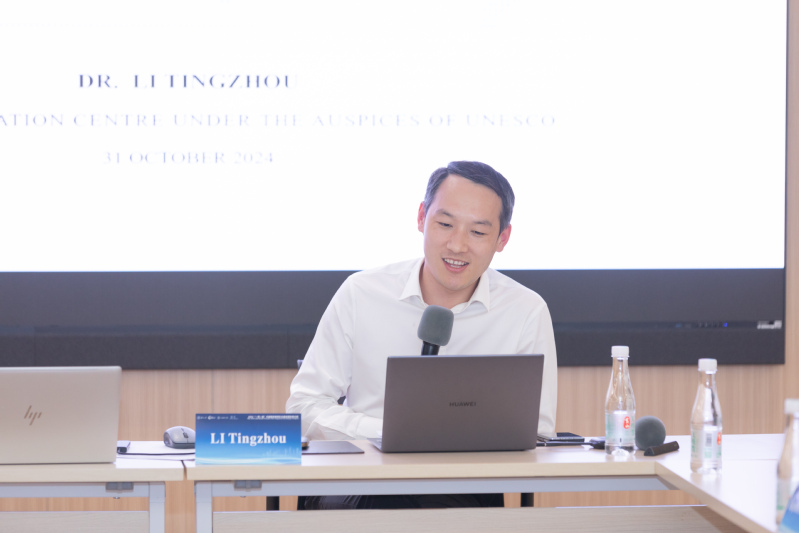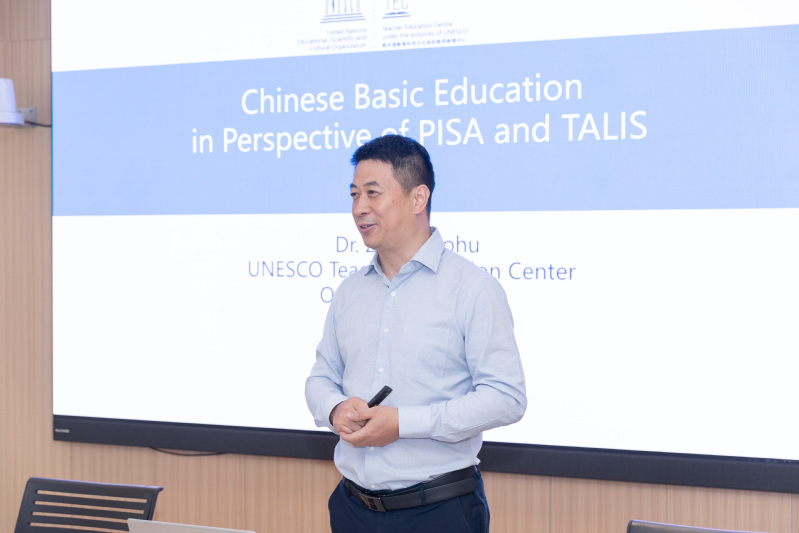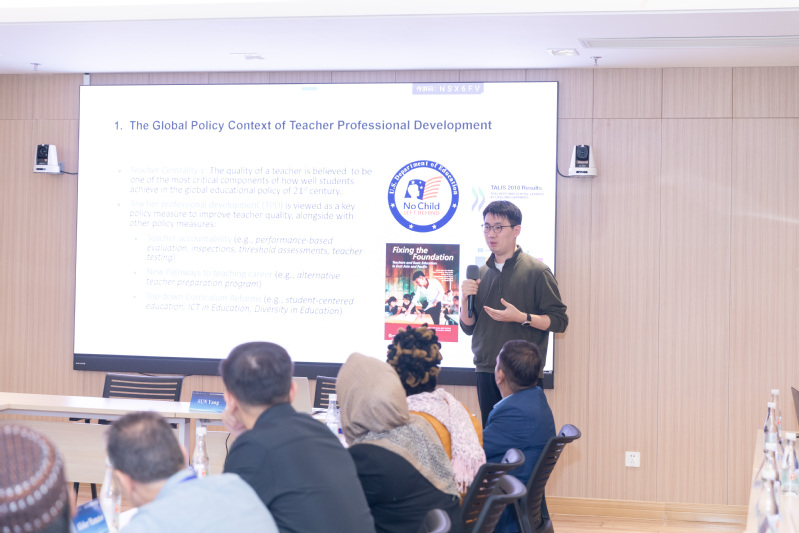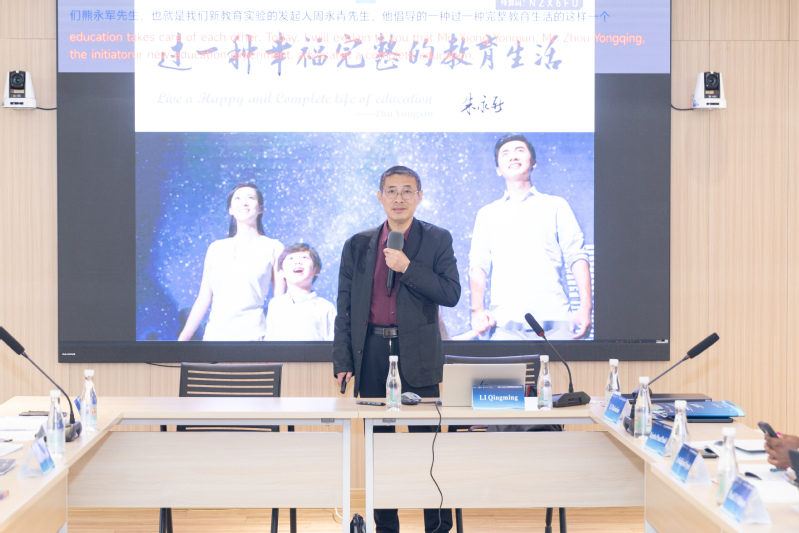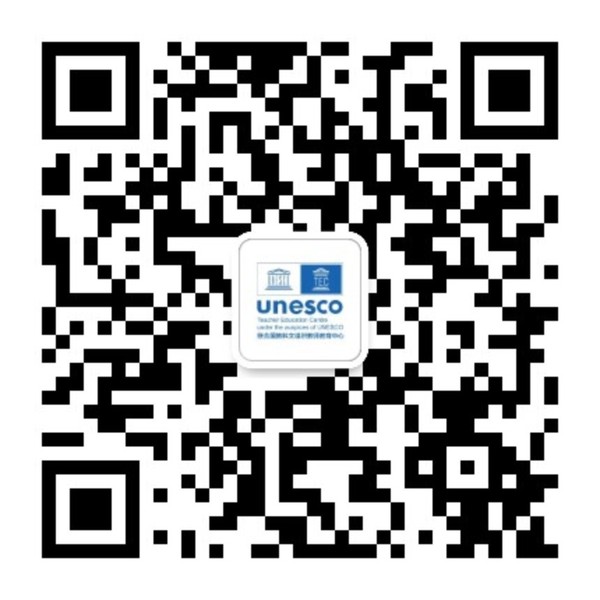From October 29 to November 12, 2024, the 2024 International Workshop on Teacher Team Building for Belt and Road Initiative (BRI) Partner Countries, co-hosted by the UNESCO Teacher Education Centre (TEC) and the New Education Foundation of Soochow University, successfully concluded. With the theme Holistic Development of Teachers in the Digital Age, the program attracted 44 educational officials, experts, and teachers from 20 countries. It aimed to explore effective pathways to support teacher growth from ethical, social-emotional, and technological development perspectives, promoting knowledge sharing and cooperation in global education.
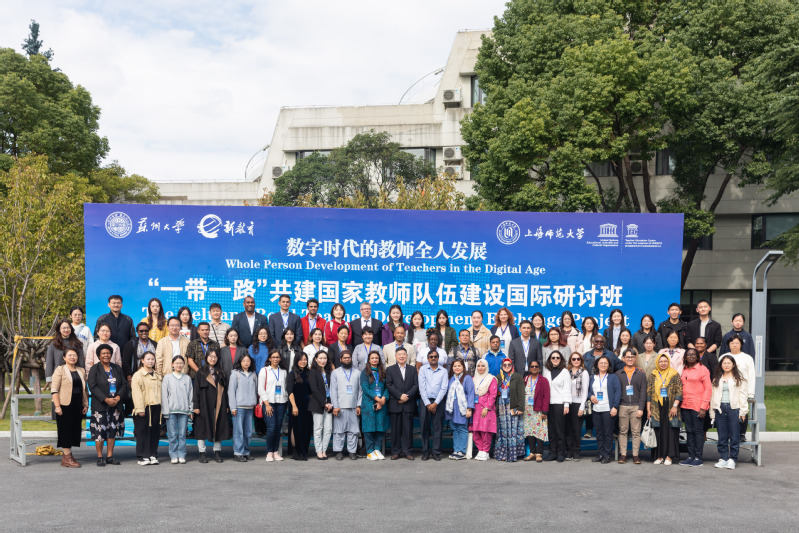
The workshop featured rich content, including academic forums, thematic lectures, on-site visits, and cultural experiences, unfolding in Shanghai, Suzhou, and Nantong. At the opening ceremony, Dr. Li Ruimiao, the program director, presided over the event. Professor Zhang Minxuan, Director of TEC, and Professor Xiao Shengxiong, Director of the International Exchange Division of Shanghai Normal University, delivered speeches, expressing deep concern about the comprehensive development of teachers in the digital age. Professor Ning Bo, Vice Dean of the College of Education at Shanghai Normal University, gave a keynote speech on Integrated Pre-service and In-service Teacher Training, emphasizing that global educators need to continuously learn and update their knowledge to meet the demands of modern education. He also called for strengthened international cooperation to jointly advance the sustainable development of teacher professionalism.
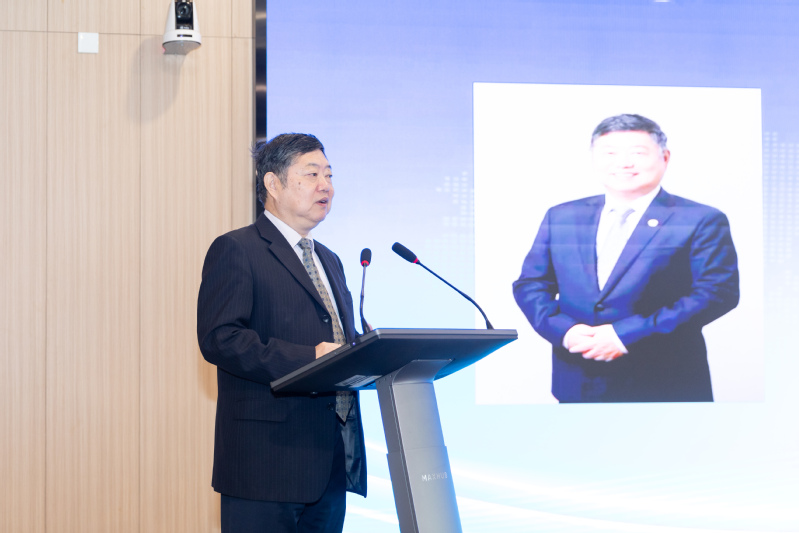
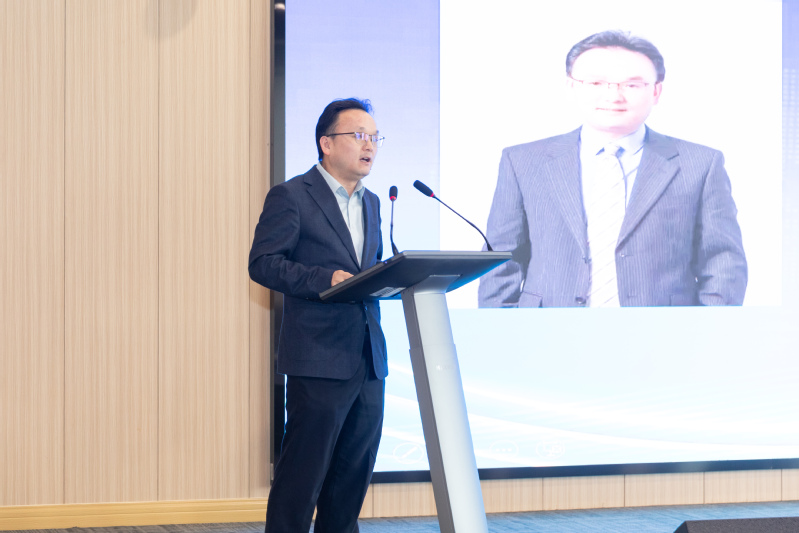
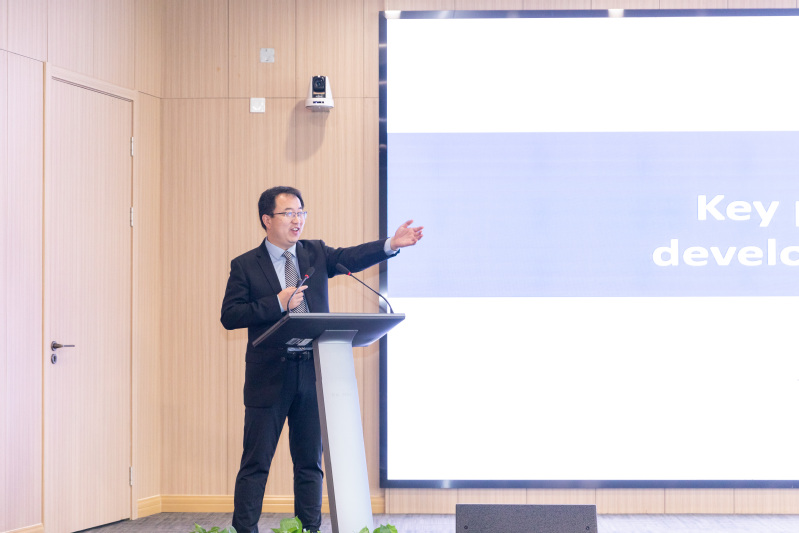
During the program, educational officials and experts from various countries gained insights into cutting-edge concepts and development experiences of Chinese education through thematic lectures. For instance, Professor Zhu Xiaohu from TEC shared outcomes on the theme TALIS and Teacher Development in Shanghai, enhancing participants’ understanding of teacher development in Shanghai. Dr. Sun Yang elaborated on policies and practices of Chinese teacher professional development, showcasing China’s strategies in promoting teacher growth. Lin Zhongling, Executive Director of the Research Center at the New Education Research Institute, shared the Ten Initiatives of New Education, presenting innovative measures of the institute. Additionally, experts discussed a wide range of topics such as global differences in teachers’ legal status and the development of teachers’ social-emotional competencies, providing valuable references and inspirations for participating educators. They also delved into the application of artificial intelligence in education, with scholars including Dr. Hao Xiaodong from the New Education Online Learning Center of Soochow University and Dr. Wang Shijin, Vice President of iFLYTEK, sharing cutting-edge experiences on themes like social-emotional competencies and classroom teaching.
|
|
|
|
|
|
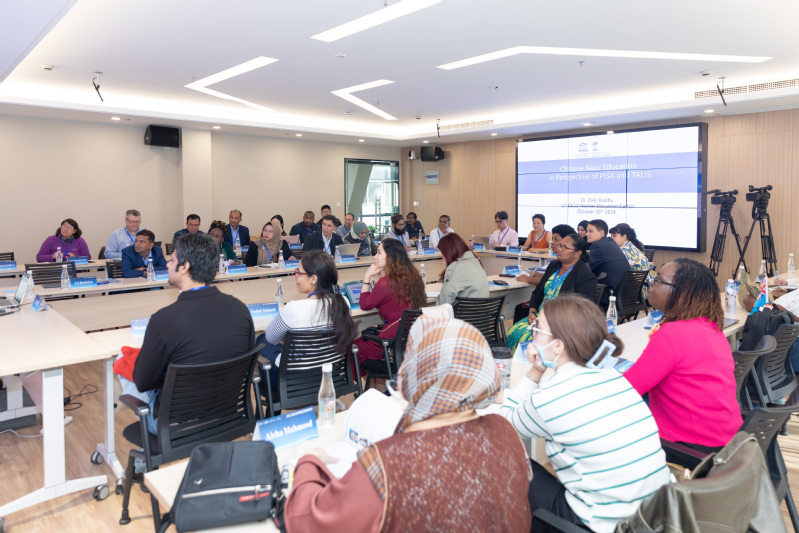
Beyond academic exchanges, the workshop organized extensive field visits. Participants visited multiple schools and educational venues in Shanghai, Suzhou, and Nantong, including Suzhou New Education School, Soochow University Affiliated Middle School, Nantong Haimen New Education Primary School, Haimen Dongzhou Primary School, Dongzhou International School, Nantong Vocational and Technical School, Silk Road Research Institute of Renmin University of China, and Haimen Science and Technology Museum. They gained insights into innovative practices of Chinese education at different stages, toured campuses, attended thematic reports, and interacted with teachers and students, further deepening their understanding of China’s new education practices and achievements. Dr. Xu Xinhai, Deputy Director of the Nantong Municipal Bureau of Education and Chairman of the New Education Council, delivered a speech titled Reconstructing Regional Educational Ecology through the Power of Values and Systems, advocating for strengthened cooperation among international education peers to jointly promote new education concepts. During the workshop, participants also experienced traditional Suzhou Kunqu opera culture with students from Soochow University, visiting the Kunqu Opera Museum and enjoying performances to deepen their understanding of Chinese culture.
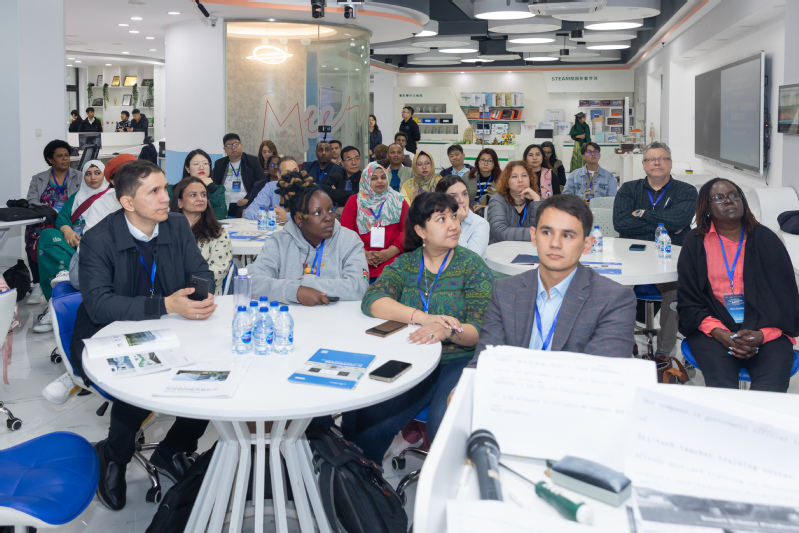
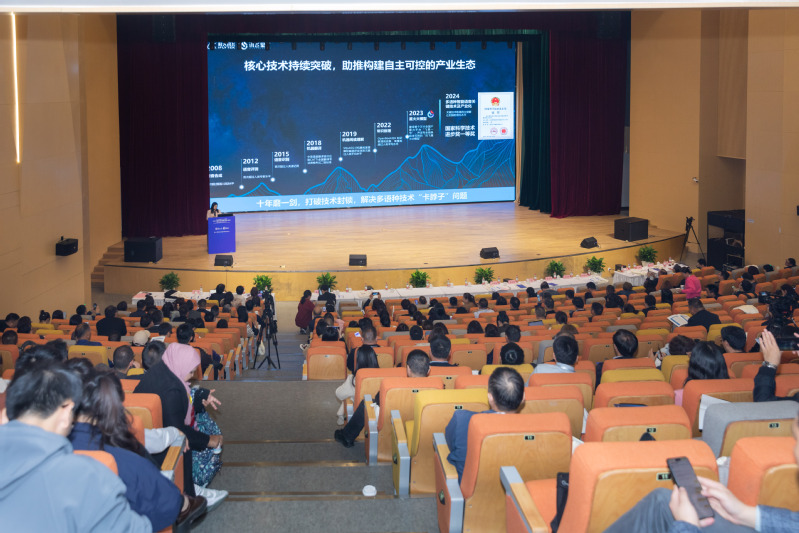
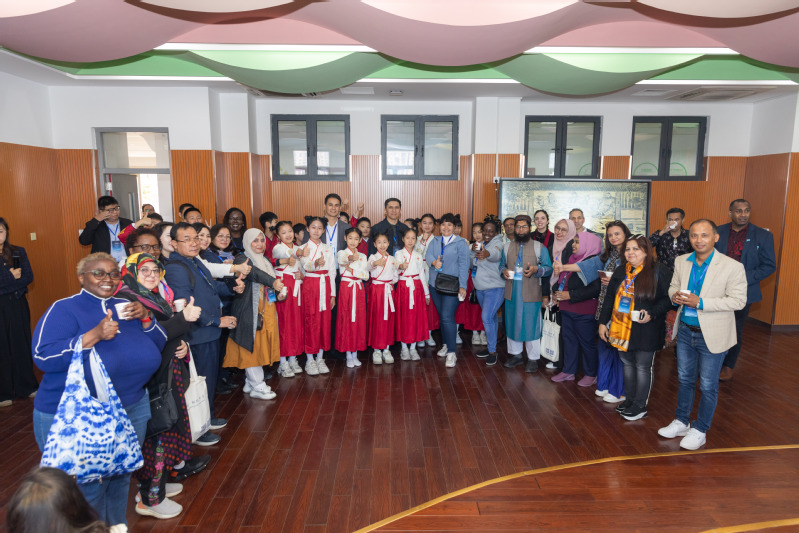
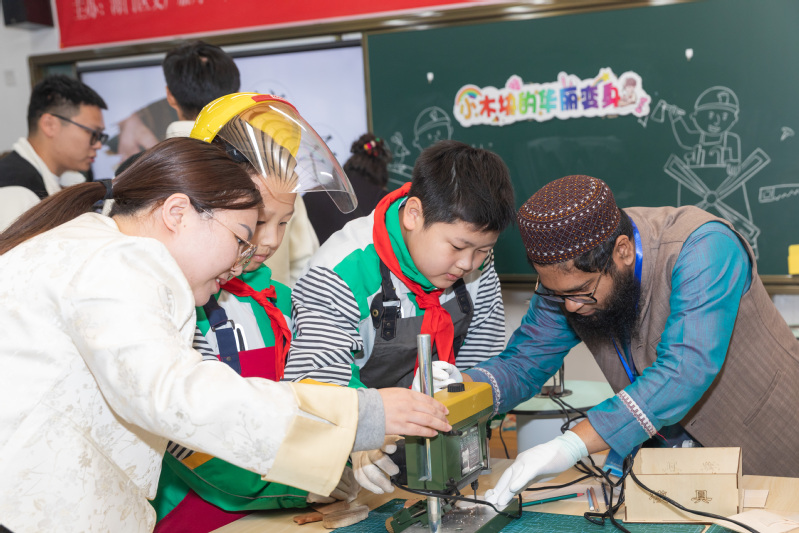
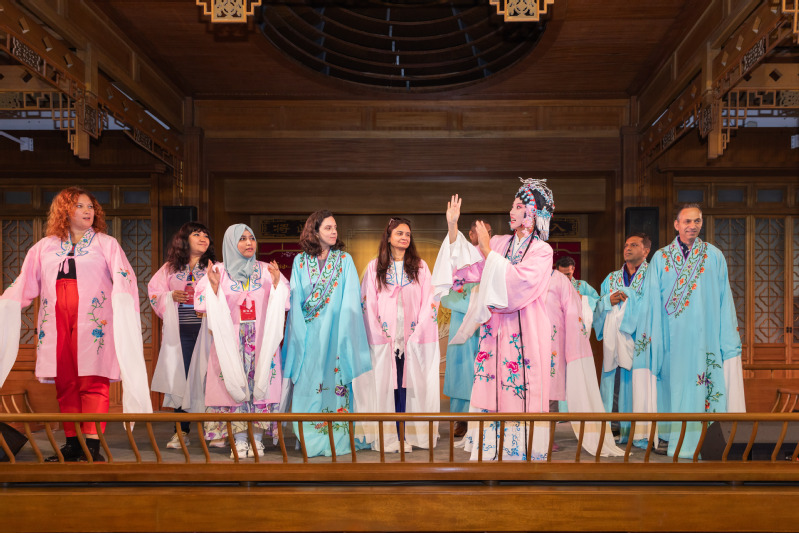
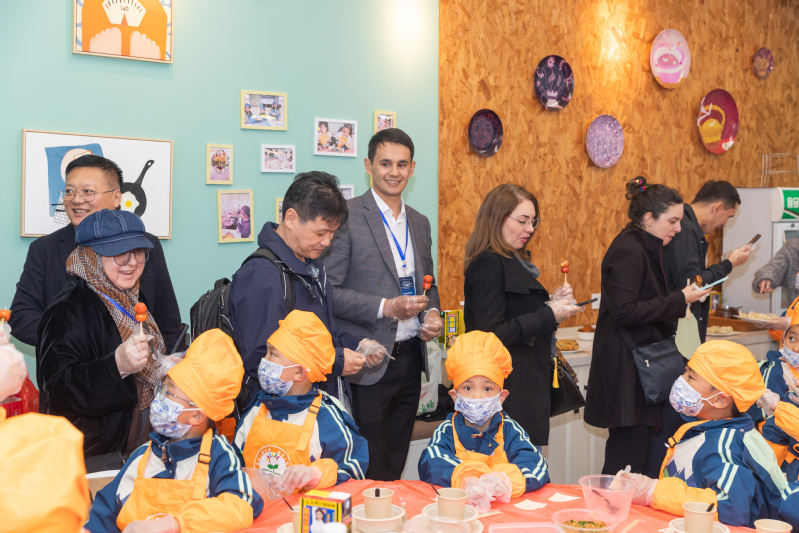
At the closing ceremony on November 11, Professor Cheng Jieming, Emeritus Professor of the University of Hong Kong, presented certificates to all participants. Ms. Guo Xiaoyue, Secretary-General of the New Education Foundation, delivered a concluding speech on the program, expressing high hopes for the prospects of international educational cooperation. Many participants thanked the organizers, noting that the workshop had provided valuable experiences and inspirations, boosting their confidence and motivation to drive educational innovation upon returning home.
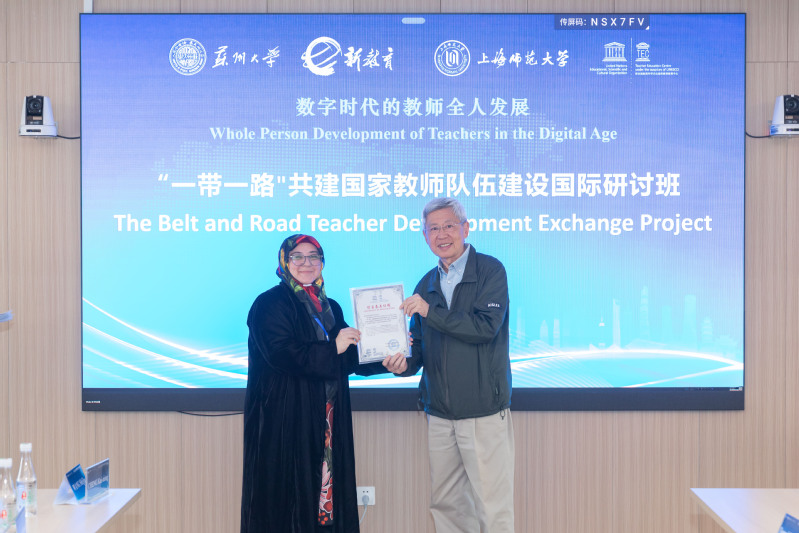
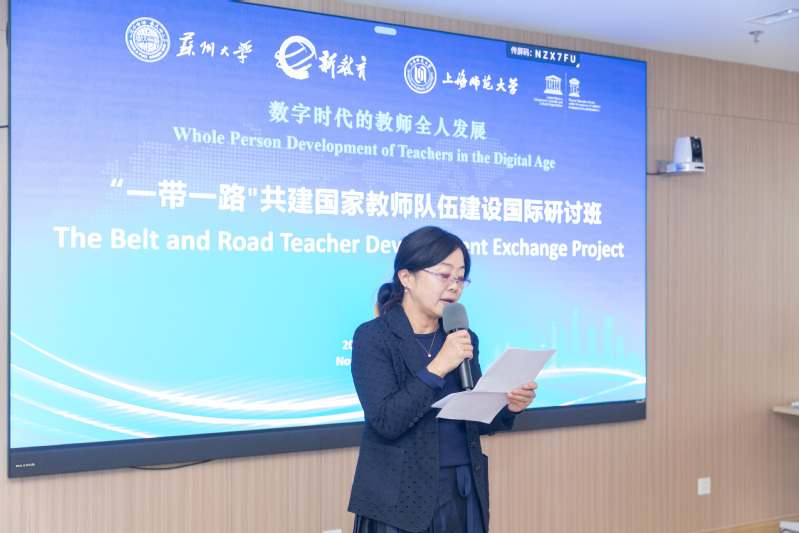
The successful holding of the 2024 International Workshop on Teacher Team Building for BRI Partner Countries not only deepened mutual understanding and exchanges among educators worldwide but also built an important platform for cooperative innovation in global education. This workshop served as a new answer sheet for exploring teacher development in the digital and intelligent era, bringing new opportunities to advance global education.



